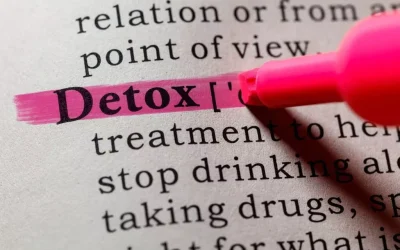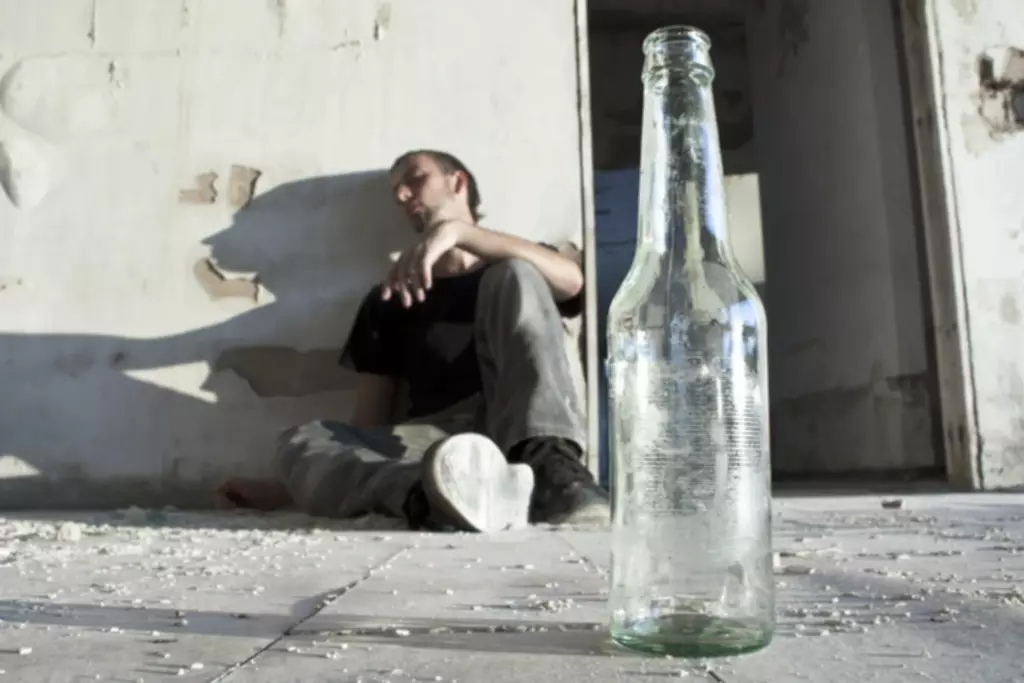Content
In fact, the likely scenario is that you will eat unhealthy meals because you don’t have the time or energy to invest in smarter choices. And the same lines of research reveal that people living with depression often have serious folic acid deficiencies (Cooper & Bolander-Gouaille, 2005). Anytime you use a substance in a way that it wasn’t designed, you are abusing it. I’m going to share a brief example below to help draw a mental picture. Over the course of time, the reliance upon such beverages can transform into abuse. I’ll explain more about this below and have included a video designed to help deepen your understanding.

People struggling with their mental health are more likely to struggle with sleep, too. In fact, 50 to 80 percent of patients in treatment for mental health issues also report sleep problems, says Blount. Please know substance abuse and co-occurring mental health disorders can be successfully treated. Speak with a therapist, primary healthcare doctor, or an addiction specialist today to learn more about your treatment options.
Guide to alcohol units
To check what is really happening, keep a diary of your alcohol intake over the course of a week. Alcohol tastes good to most adults although, not usually, to children. If you are in Scotland, Wales or Northern Ireland, there is separate advice on getting help with depression.
Moderate drinking is not a cause of concern for most adults. But when increased drinking, problem drinking, alcohol dependence, and addiction have manifested in a person, it’s time to seek help to be contained and treated. One of the most common dual diagnoses in rehab centers is depression https://ecosoberhouse.com/ paired with an alcohol use disorder (AUD). But, there’s no doubt that alcohol has a considerably negative impact on our mental health. While this can feel good for a short time, this effect doesn’t last for long. The feelings of bliss wear off, and they can worsen your depression symptoms.
What to Know About Alcohol and Mental Health
People between the ages of 20 and 29 were the most likely to indicate feeling overwhelmed when drinking. Elements like peer influence, genetics, and even education status can become factors in how a younger person’s body functions after alcohol consumption. Research has found that young adults in college (and living on campus) are generally more likely to engage in heavy drinking behaviors, including binge drinking. Continued use of alcohol, or even one instance of binge drinking, can damage certain brain functions. Long-term alcohol abuse not only worsens anxiety and depression but may also lead to liver disease, heart damage, and more. Both heavy and long-term alcohol use alter the brain, and the effect on neurotransmitters means depression is a result of alcohol use.
Unfortunately, many addiction treatment facilities lack mental health professionals who can assess patients for mental illness. And mental health facilities often fail to address addiction issues, he says. Addiction is a chronic, treatable brain disease, not the character flaw many people believe it to be, he stresses. “Over half of those who develop a substance abuse disorder may be genetically vulnerable,” says Dr. Anand. If you’re concerned alcohol has become your go-to method of managing negative feelings like depression, there’s no shame in reaching out for support.
Drugs & Supplements
What’s more, one can make the other worse in a cycle that’s pervasive and problematic if not addressed and treated. “Therapeutic interventions designed to address both issues often include a focus on addressing emotional pain or trauma, as well as developing and practicing healthy coping behaviors,” says Dr. Kennedy. Drinking makes depression worse because you are less likely to feed yourself the nutritious foods your body requires.

Research also shows that children who are depressed are more likely to develop problems with alcohol abuse once they reach adolescence. People who abuse alcohol have the highest rates of depression. Studies have shown that, among people abusing alcohol, somewhere between 30 percent and 50 percent suffer depressive symptoms at any given time. A good way of keeping track of how much you’re drinking – to help spot patterns, avoid your triggers and stay within the low risk drinking guidelines – is with the MyDrinkaware app.
Alcohol and Depression: What to Do
You came to this page because you wanted to know about the relationship between alcohol and depression. But what you may know be aware of is excessive drinking can seriously cause your mood to tank because of insomnia and/hypersomnia. But just as sure as the sun rose, the depression was still there. At some point, it dawned on Mike that his use of alcohol might be unhealthy. An online search engine that helps to find the most appropriate alcohol treatment service.
- It can lead to social problems such as relationship break-ups, unemployment, financial difficulties and homelessness.
- And seemingly harmless drugs in your medicine cabinet, like allergy or cold meds, can interact with medications used for treating mental health to bring about serious consequences.
- Depression and alcohol use disorder (AUD) are the most commonly diagnosed co-occurring disorders.
- Examples include pre-existing health conditions, medications you may be taking or other substances you may be using.
Though alcohol is clinically classified as a depressant, it is shown to have a stimulating effect before the sedation kicks in. This dual effect of alcohol feeds cultural misunderstandings about how drinking impacts us mentally and emotionally. Many of the Americans we polled told us drinking alcohol made them feel does alcohol make depression worse happy. However, people we polled between the ages of 20 and 29 were the most likely to experience negative feelings like anxiety, sadness, and a sense of being overwhelmed. More than half of everyone we polled – regardless of age – told us that drinking alcohol also made them feel depressed at one point or another.
